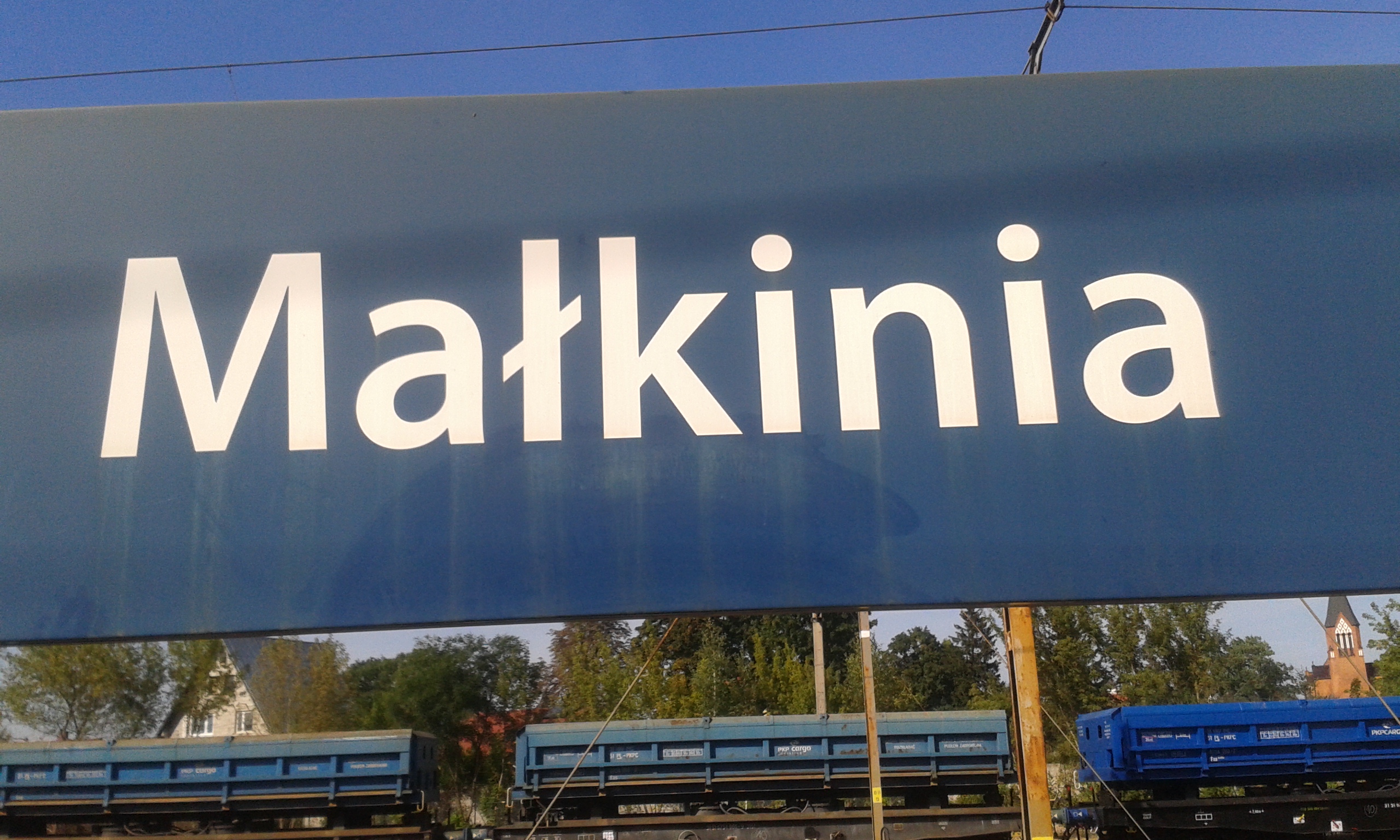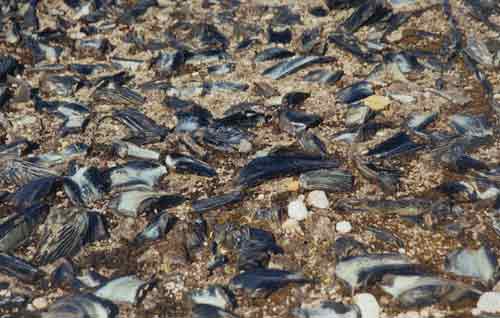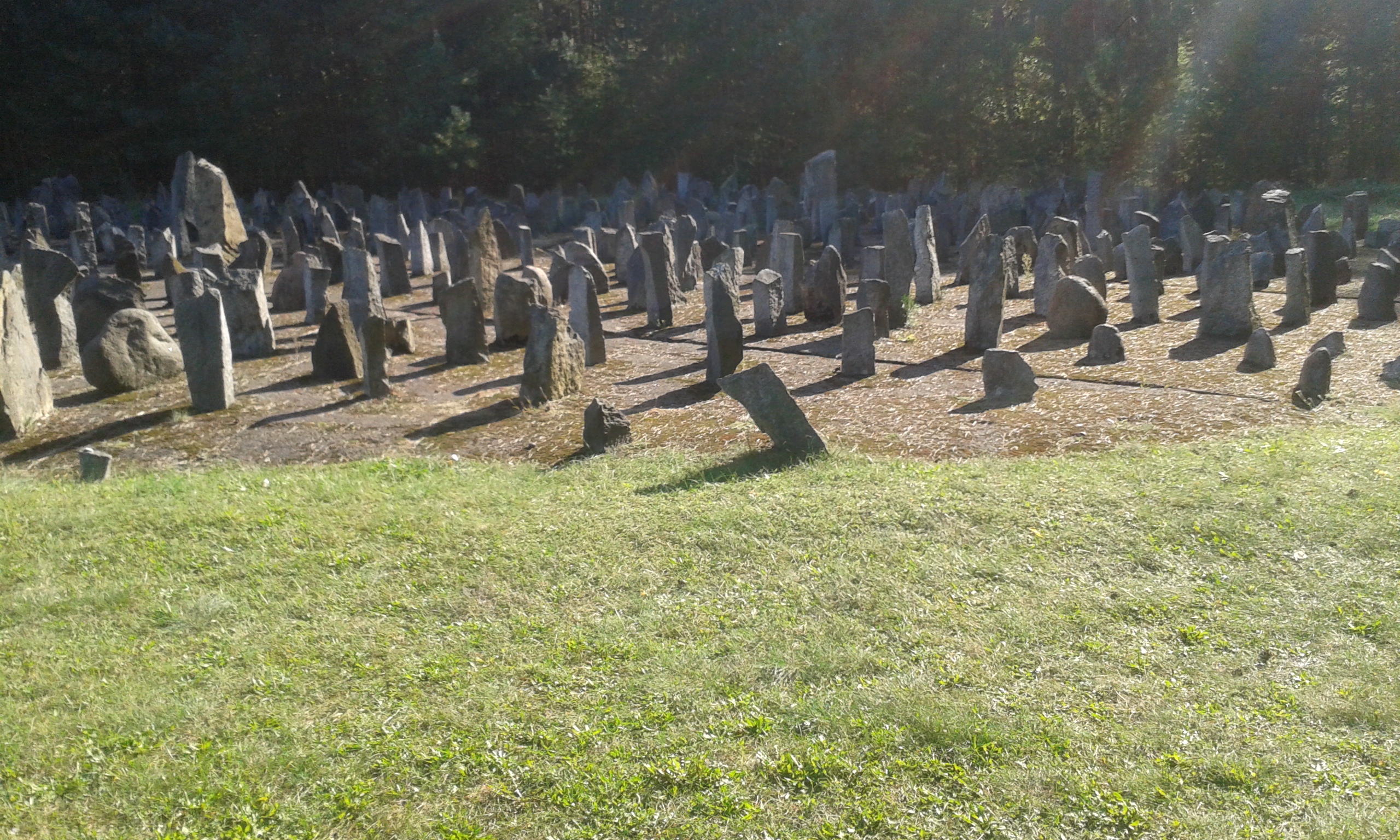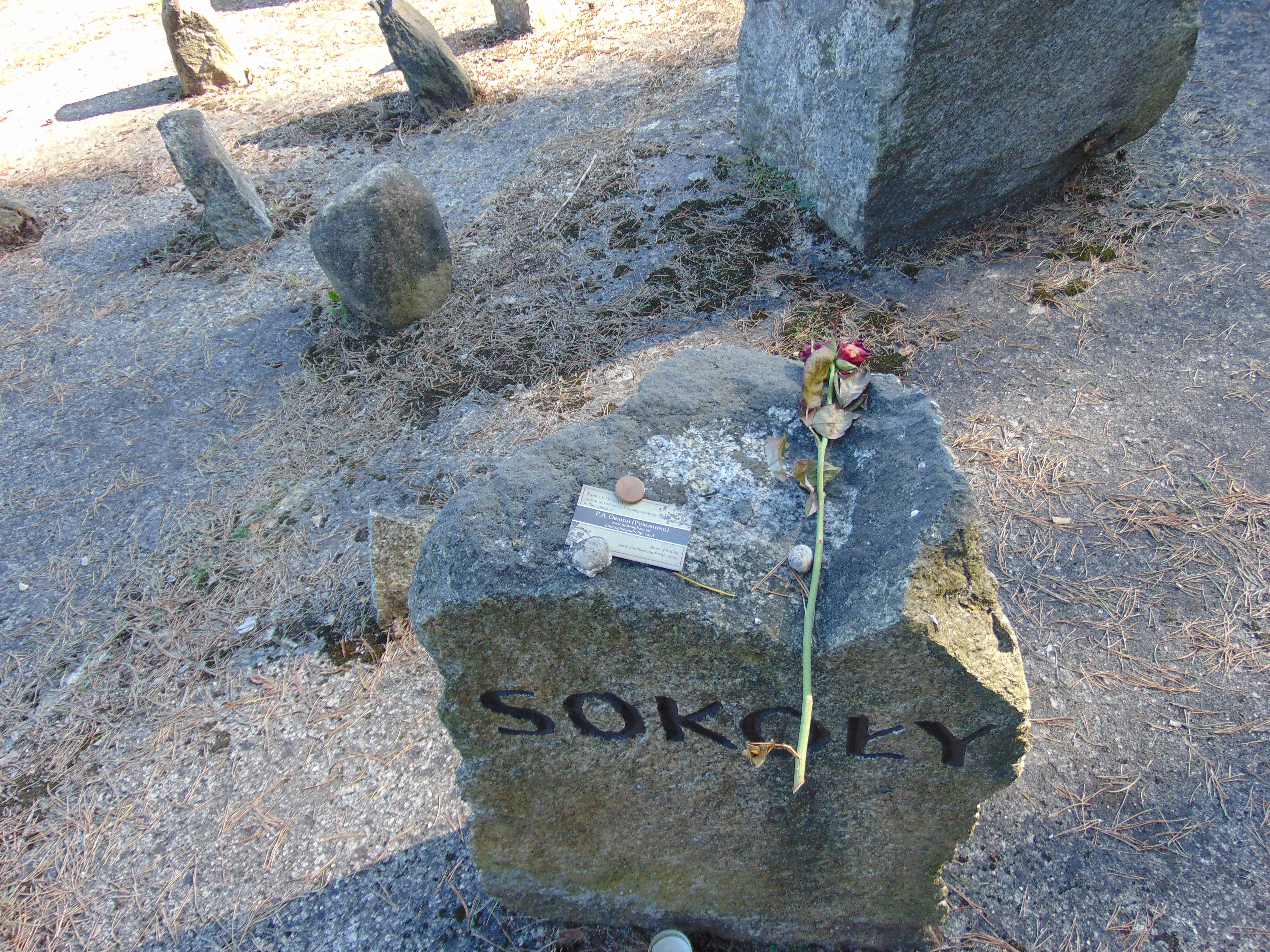Yankiel Wiernik (1889 – 1972)
“..I knew suffering ..brutal treatment and hunger ..but I still did not realize ..hangman’s merciless arm was threatening all of us ..our children ..our very existence.” Yankiel Wiernik.
Yankiel Wiernik was born in 1889 in Biala Podlaska, Poland and would learn from Nazi infliction of brutal eperiences, suffering, hardships, hunger and the destruction of his People for being Jews. Biala was a long way from Treblinka in human terms and in the cost of lives so wilfully obliterated there, and all because they were Jewish lives. But Yankiel was experience all that humanity could achieve from a festering hatred for an innocent People set on a course of destruction few could have predicted in 1889, and before the great war 1914 – 1918.
“..All through that winter ..small children ..stark naked and barefooted ..had to stand out in ..open for hours on end ..awaiting their turn in ..increasingly busy gas chambers. ..soles of their feet froze and stuck to ..icy ground. They stood and cried ..some of them froze to death. In ..meantime ..Germans and Ukrainians walked up and down ..ranks ..beating and kicking ..victims.” Yankiel Wiernik.
From the time of the arrival of the Germans into Poland, September 1st. 1939, all Jews were under direct threat, if not of Mass Murder then of mass assault upon them, and Murder so often follwed. It wasn’t until 3 years later, in the roundups on the Streets of Warsaw, Poland that Yankiel was deported from Umschlagplatz, Warsaw to the Aktion Reinhard Death Camp at Treblinka.
“..No imagination ..no matter how daring ..could possibly conceive of anything like that which I have seen and lived through. Nor could any pen ..no matter how facile ..describe it properly.” Yankiel Wiernik.
His departure toward the extermination facility was on August 23rd.1942 and on his arrival, hell on earth was presented itself to him. Yankiel was chosen, one of the very small band of these to be resettled to form these ‘Sonderkommando’ whose explicit work was to fulfill the duty for which these Death Camps had been established, the annihilation, evisceration and disappearance of as many Jews as could be made possible.
“..I almost went insane on the day when I first saw men, women and children being led into the house of death. I pulled my hair and shed bitter tears of despair. I suffered most when I looked at the children, accompanied by their mothers or walking alone, entirely ignorant of the fact that within a few minutes their lives would be snuffed out under horrible tortures. Their eyes glowed with fear and still more, perhaps, with amazement. It seemed as if the questions:
..What is this! What for and why?” were frozen on their lips.” Yankiel Wiernik.
In time, the work was not consiedered complete enough and again, and in as short a time span as possible, the work of fully disposing of the remains of as many as 1,000,000 Jews, and more, were exhumed and incinerated. While this further action might be considered in relation to Sonderaktion ‘1005’, such was Globocnik’s hold on Aktion Reinhard, this effort was established and completed in house.
“..Although our physical suffering surpassed ..endurance of normal human beings ..our spiritual sufferings were far worse. New transports of victims arrived each day. They were ordered to disrobe immediately and were led to ..3 old gas chambers ..going past us on ..way. Many of us saw our Children ..Wives and members of our Families among ..victims. And ..when on ..impulse of heartache ..one rushed to his kin ..he was killed on ..spot.” Yankiel Wiernik
Yankiel escaped during the Treblinka Uprising of August 2nd. 1943 and he informed the World of his story in a pamphlet that was widely distributed. Initially, this was published by the Coordinating Committee of an underground body of the remnants of the Jewish population of Poland. This then became the first detailed account of life in any of the Aktion Reinhard Death Camps to be published for World recognistion.
“..People stood and worked far away from us. They were putting packages that were unloaded from ..train. I crept in between employees.” Yankiel Wiernik.
Indeed, none of the litany of horrifying evidences to be published from the extermination camp was to be recorded up till this point in time. What Yankiel committed to paper catalogued what was more widely known than had been admitted to and from throughout the whole of Poland, Europe and even the World democracies. But, all of tis was as yet a largely unconfirmed unsecretive account as to what Treblinka meant for the Jews of Warsaw and of Poland.
“..Once while laying ..corpses on ..grate ..a raised up hand was noticed. All fingers were contracted ..only ..index was stiff and stuck high as if to ..court of God calling its torturers. ..Even our executioners paled and did not take their eyes off this terrible sight. As if there really was a higher power in it. This hand stuck out for a long ..long time. Part of ..hearth has already incinerated ..and here this hand stretched out towards ..sky calls for justice. This minor..insignificant accident spoiled ..mood of all murderers for a few moments.” Yankiel Wiernik.
What follwed was a Book, A Year in Treblinka, a work of extraordinary grief and loss and this can be best decribed by Yankiel himself.
“..Dear Reader:
For your sake alone I continue to hang on to my miserable life, though it has lost all attraction for me. How can I breathe freely and enjoy all that which nature has created? Time and again I wake up in the middle of the night moaning pitifully. Ghastly nightmares break up the sleep I so badly need. I see thousands of skeletons extending their bony arms towards me, as if begging for mercy and life, but I, drenched with sweat, feel incapable of giving any help. And then I jump up, rub my eyes and actually rejoice over it all being but a dream. My life is embittered, Phantoms of death haunt me, specters of children, little children, nothing but children.
I sacrificed all those nearest and dearest to me. I myself took them to the place of execution. I built their death-chambers for them. Today I am a homeless old man without a roof over my head, without a family, without any next of kin. I talk to myself. I answer my own questions. I am a nomad. It is with a sense of fear that I pass through human settlements. I have a feeling that all my experiences have become imprinted on my face. Whenever I look at my reflection in a stream or pool of water; awe and surprise twist my face into an ugly grimace. Do I look like a human being?
No, decidedly not. Disheveled, untidy; run-down. It seems as if I was carrying a load of several centuries on my shoulders. The load is wearisome, very wearisome, but I must carry it for the time being. I want to and must carry it. I, who saw the doom of three generations, must keep on living for the sake of the future. The world must be told of the infamy of those barbarians, so that centuries and generations to come can execrate them. And, it is I who shall cause it to happen. No imagination, no matter how daring, could possibly conceive of anything like that which I have seen and lived through.
Nor could any pen, no matter how facile, describe it properly. I intend to present everything accurately so that the entire world may know what “western culture” was like. I suffered while leading millions of human beings to their doom, so that many millions of human beings might know all about it. That is what I am living for. That is my one aim in life. In peace and solitude, I am constructing my story and am presenting it with faithful accuracy. Peace and solitude are my trusted friends and nothing but the chirping of birds furnishes accompaniment to my meditations and labors.
The dear birds. They still love me otherwise they would not chirp away so cheerfully and would not become used to me so easily. I love them as I do all of God’s creatures. Maybe the birds will restore my peace of mind. Perhaps I shall some day know how to laugh again. Perhaps that will come to pass once I have accomplished my work and after the fetters now binding us have fallen away.” Yankiel Wiernik.
The variance in estimates, as to the carnage unleashed here on the Jewish People, who are to be permanently resettled here at Treblinka, this is a troubling passage in all of History. With some estimates suggesting that far more than the 1,000,000 Jews that have been assessed as having been exterminated here, were in fact exterminated within the confines of this Aktion Reinhard Death Camp.
“..I saw peasants peddling bottles of water at 100 zlotys a piece. ..I had to forego ..water. Others ..bought it and bread too ..at ..price of 500 zlotys for 1 kilo of rye bread.” Yankiel Wiernik.
Without any such accuracy, how can History ever be reconciled with the truth of the eradication program itself let alone the Human cost to the physical removal of these Jewish People from all existence. It is clear too that all too many w ere eager to make a profit from what they knew was happeneing to the Polish Jews, outside their very front door, and this is an accusation Poland must live with.
“..For your sake alone I continue to hang on to my miserable life ..though it has lost all attraction for me. How can I breathe freely and enjoy all that which nature has created.” Yankiel Wiernik.
If we set about confirming the totality of Jewish losses, even here in Treblinka, we begin with an estimate that could be as low as 780,000 Jews murdered at the rate of 160,000 Jews per month during an initial period in Treblinka’s learning process. While we conservatively estimate that 900,000 Jews were Murdered in Teblinka, and as many as 1,500,000 Jews could all too easily be confined here, we simply cannot ever know. In an operation that lasted from July 22nd. 1942 until August 2nd. 1943, a period of some 13 months, we cannot allow for numbers to become what Slaughtered Jewish lives must account for.
“..At 4 P.M…train got under way again and ..within a few minutes ..we came into ..Treblinka Camp. Only on arriving there did ..horrible truth dawn on us. ..camp yard was littered with corpses ..some still in their clothes and some naked. Their faces distorted with fright and awe ..black and swollen ..eyes wide open ..with protruding tongues ..skulls crushed ..bodies mangled. ..blood everywhere ..blood of our Children ..of our Brothers ..Sisters ..Fathers ..Mothers.” Yankiel Wiernik.





